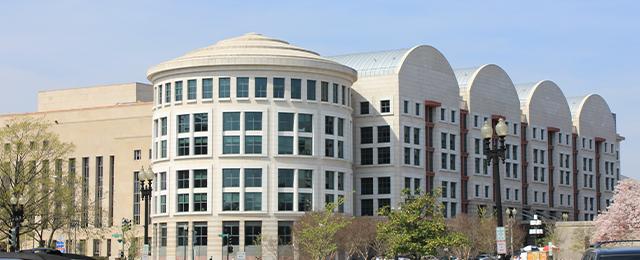
- Details
- By Native News Online Staff
WASHINGTON — A federal judge on Wednesday denied a request by the Shawnee Tribe that would have forced the Treasury Department to hold onto $12 million in relief funding for the tribe. The tribe had argued that it was due that amount under Title V of the Coronavirus Aid, Relief and Economic Security (CARES) Act that Congress passed in March.
In a legal opinion issued yesterday, Judge Amit P. Mehta of the U.S. District Court for the District of Columbia denied the tribe’s request for a preliminary injunction, saying the tribe’s argument was “no better” than a similar legal action filed by the Prairie Band Potawatomi that he ruled against in June.
Both tribal lawsuits hinged on the Treasury’s use of Indian Housing Block Grant (IHBG) data rather than tribal population data when it allocated the CARES Act relief funding for tribal governments. The IHBG program is operated by the Department of Housing and Urban Development (HUD).
The use of IHBG data caused the Treasury to “grossly undercount” the Shawnee Tribe’s population by nearly 98 percent, according to its lawsuit filed in Oklahoma back in June. The lawsuit was later moved to federal district court in Washington D.C., where Judge Mehta was handling several other lawsuits related to CARES Act funding for tribal governments.
Judge Mehta was not swayed by the argument, writing in his opinion: "The secretary's selection of the HUD tribal population data set, however imperfect it may be, is a discretionary agency action that is not subject to judicial review."
Mehta wrote that Congress gave Treasury Secretary Steven Mnuchin broad discretion when it came to allocating the Title V relief funds to tribal governments.
“Far from cabining the Secretary’s discretion, Congress codified it. So, the Secretary’s choice of the HUD data over perhaps more comprehensive, and even more accurate, tribal population statistics is not subject to judicial review,” Mehta wrote.
More Stories Like This
Native News Weekly (August 25, 2024): D.C. BriefsUS Presidents in Their Own Words Concerning American Indians
Senate Committee on Indian Affairs Passes 12 Bills to Strengthen Tribal Communities
Deb Haaland Tours CNM Workforce Facilities, Highlights Trade Job Opportunities
Federal Court Dismisses Challenge to NY Indigenous Mascot Ban
Help us defend tribal sovereignty.
At Native News Online, our mission is rooted in telling the stories that strengthen sovereignty and uplift Indigenous voices — not just at year’s end, but every single day.
Because of your generosity last year, we were able to keep our reporters on the ground in tribal communities, at national gatherings and in the halls of Congress — covering the issues that matter most to Indian Country: sovereignty, culture, education, health and economic opportunity.
That support sustained us through a tough year in 2025. Now, as we look to the year ahead, we need your help right now to ensure warrior journalism remains strong — reporting that defends tribal sovereignty, amplifies Native truth, and holds power accountable.
 The stakes couldn't be higher. Your support keeps Native voices heard, Native stories told and Native sovereignty defended.
The stakes couldn't be higher. Your support keeps Native voices heard, Native stories told and Native sovereignty defended.
Stand with Warrior Journalism today.
Levi Rickert (Potawatomi), Editor & Publisher

